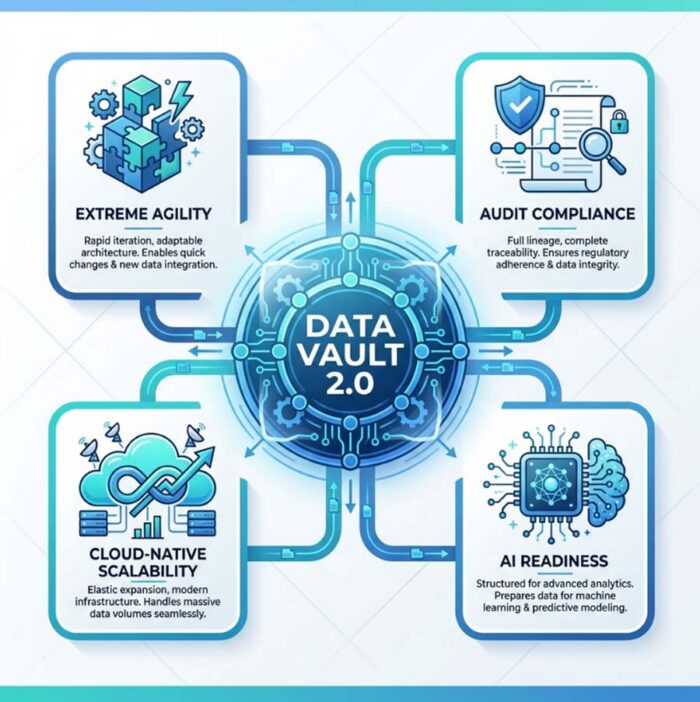Summary
States face mounting pressure to modernize early childhood education systems. Outdated child care subsidy and QRIS processes slow progress and limit access. Discover how AI and innovation can help states build smarter eligibility systems, improve quality, and make data-driven policy decisions that strengthen early learning outcomes nationwide.
[Estimated read time: 5 minutes]
AI and innovation: The future of early childhood education modernization
As a consultant who partners with state education agencies on major technology initiatives, I’ve seen firsthand that states are facing immense pressure to improve early childhood education systems. The desire to make progress is there, but the obstacles to progress are incredibly frustrating.
Outdated, overly complex processes for child care subsidies and inefficient quality rating and improvement systems (QRIS) are at the top of the list. These processes confuse users and require duplicate paperwork, with no guidance to help people find and navigate the right path.
More than an administrative nightmare, these complexities make it more difficult for families to access care, and more difficult for providers to deliver it.
What if we could apply the power of AI to modernize early childhood education systems and simplify child care access and delivery?
The AI-powered early childhood education system
AI can meaningfully support the early childhood education community in three key areas:
1. Intuitive Subsidy and Eligibility Systems
We can use AI to build smarter, more user-friendly subsidy systems. Instead of feeling overwhelmed by a mountain of paperwork, an AI-powered portal could guide families through the process, instantly verify documentation, and provide real-time eligibility status.
This would reduce wait times and ensure that eligible families receive the support they need without getting lost in a complicated, confusing system.
2. QRIS Upgrades
QRIS are vital, but the manual, observational nature of legacy systems is painfully inefficient. AI can introduce a new layer of data-driven insight and deeper value.
Imagine an AI solution that analyzes provider data to identify areas for improvement, or a platform that offers personalized professional development modules based on a provider’s unique needs. This transforms QRIS from a simple checklist into a powerful, intelligent tool for improving quality in a meaningful way.
3. Data-Driven Strategic Planning and Policy
Beyond individual applications, AI can help states make smarter policy decisions. By analyzing large-scale data on enrollment, quality trends, and workforce needs, AI can provide predictive insights that help state leaders allocate resources more effectively.
This will ensure that funds are directed to areas with the most urgent needs and greatest potential impact.
A new funding mindset
Funding decisions are based on the future, not the present. Early childhood education system upgrades aren’t technology projects. They’re strategic research and development initiatives designed to develop solutions that improve the quality of life of children and families.
This is why Resultant encourages states to look beyond traditional funding sources and explore opportunities with organizations like the National Science Foundation (NSF). The NSF’s focus on AI, educational technology, and systems-level research makes it an ideal partner for these projects.
Instead of seeking a grant to “buy a new system,” states can apply for a grant to “research and develop a more equitable, efficient early childhood education system powered by AI.” This shift in mindset redefines the purpose and outcome in human terms and aligns with the NSF mission, potentially unlocking a new class of funding.
Complex challenges demand innovation. Let’s do this.
The path to a modern early childhood education system is clear, but it requires strategic thinking and a willingness to innovate. Our team at Resultant believes in the mission and the real-world impact of state education agencies. We refuse to walk away from the problem because the obstacles are too complicated and sources of funding have become limited.
The technology is there. The will to improve is evident. Let’s work together as partners and innovative thinkers. Contact Resultant today to speak with a member of our education team to explore how a custom AI solution, supported by non-traditional funding, can transform your state’s early childhood education system.
About the author

Amy Smigielski
Early Care and Education Manager @ Resultant
With over 15 years of experience, Amy is first and always an early childhood practitioner. She began her career as a...




